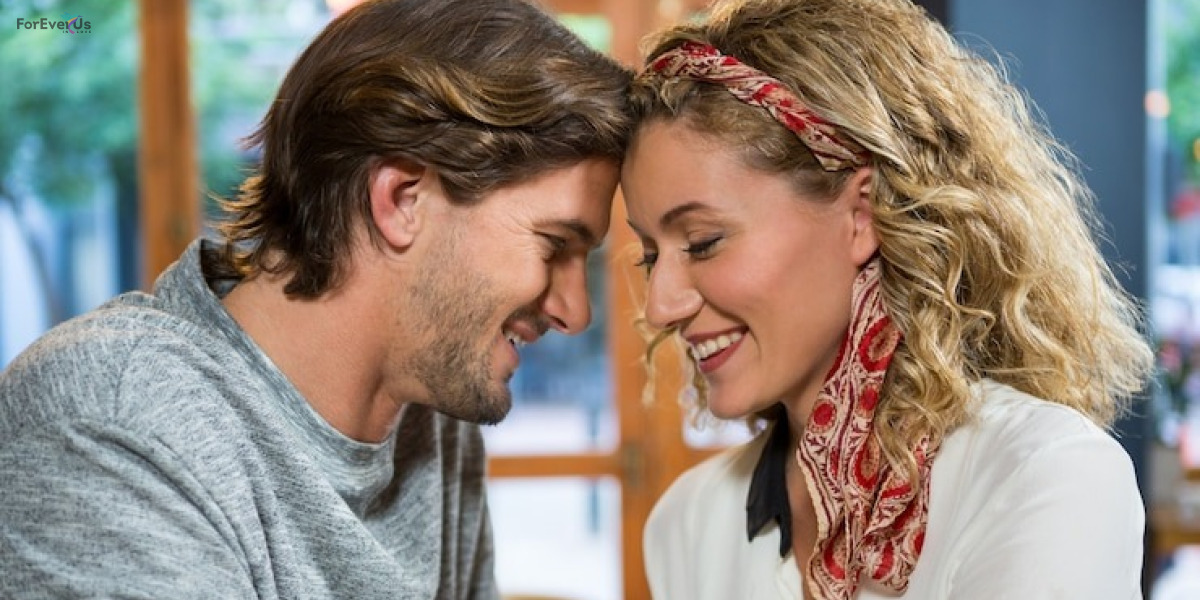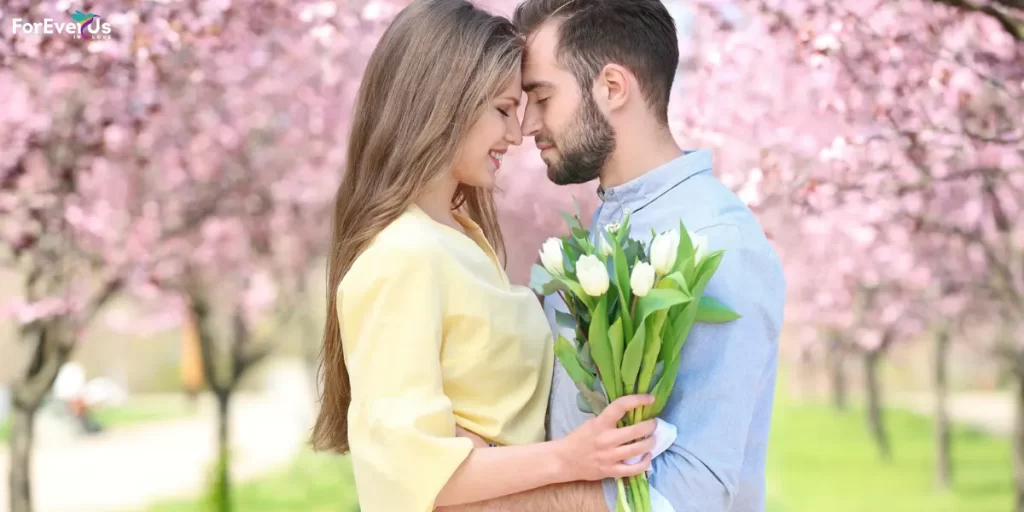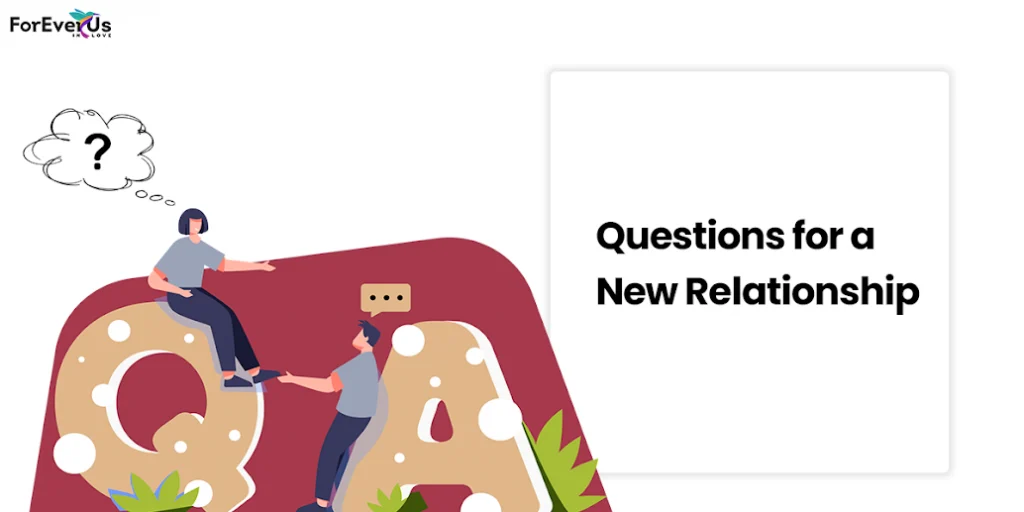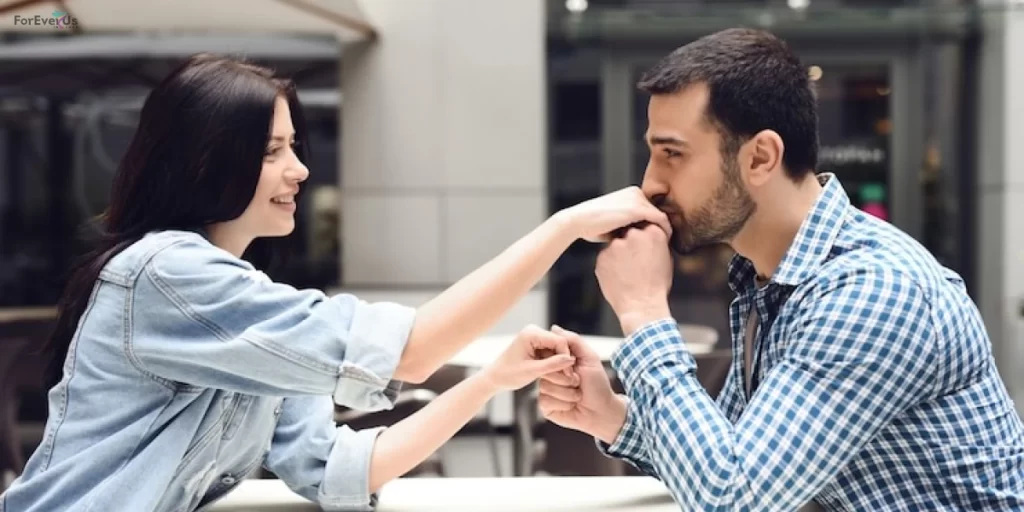Key Takeaways
- Vulnerability is the basis of trust and emotional connection in any relationship.
- Healthy vulnerability happens when both partners feel safe to share their true selves without fear of judgment.
- Emotional intelligence and vulnerability go hand in hand, driving personal and relational growth.
- Vulnerable partners are more open, kind, and willing to take responsibility for their actions.
Being vulnerable in a relationship means letting your guard down and sharing your emotions, fears, and thoughts with your partner. It is what makes relationships more meaningful and allows couples to build lasting emotional intimacy. But for many, vulnerability can feel risky — the fear of rejection or criticism can make people build walls around themselves.
Life teaches us to protect ourselves. When you were teased as a child, had your heart broken in past relationships, or were taught to hide your emotions to avoid looking weak? Over time, those experiences can cause you to shut people out, but in doing so, you also shut out the chance for true connection.
Vulnerability helps you better understand yourself, express love more freely, and develop healthier coping mechanisms. When partners share openly, they create deeper, stronger bonds.
In this blog, we’ll explore why vulnerability is essential for strong relationships, break down common misconceptions, and share practical ways to start embracing emotional openness. Whether you’re in a new relationship or a long-term partnership, learning to be vulnerable can change your connection.
What Is Vulnerability in a Relationship?
- Being your authentic self: Vulnerability means showing up honestly, even when it feels uncomfortable. It’s about sharing your emotions, fears, and thoughts without pretending to be perfect.
- Letting your partner see the real you: According to therapist Saba Harouni Lurie, vulnerability is about sharing your struggles, desires, and insecurities without constantly fearing rejection.
- Strengthening emotional bonds: When practised with trust, vulnerability deepens intimacy and makes relationships more fulfilling. It’s not about oversharing but choosing to be open with someone who values and respects you.
- Challenging your defence mechanisms: Our brains try to protect us from emotional pain. When we feel possible rejection or criticism, we instinctively defend ourselves. But vulnerability asks us to rely on honesty and trust, even when it feels risky.
Real-Life Examples of Vulnerability in Relationships
Not sure what being vulnerable looks like in real life? Let’s break it down:
- Tell your partner how much they mean to you, even if it makes you feel a little exposed.
- Admitting when your feelings are hurt instead of brushing it off.
- Taking responsibility for your mistakes and sincerely apologizing.
- Asking for help or emotional support without feeling ashamed.
- Sharing difficult memories or past traumas when you feel ready.
- Expressing your emotional needs and desires openly.
- Let your partner see your imperfections and trust that they’ll still love you.
These acts of vulnerability might feel uncomfortable at first, but they create a space for genuine emotional intimacy to grow.
Why Vulnerability Is Crucial for a Healthy Relationship
Vulnerability becomes a bridge to deeper emotional closeness when trust is there. Let’s break down how being vulnerable strengthens your relationship:
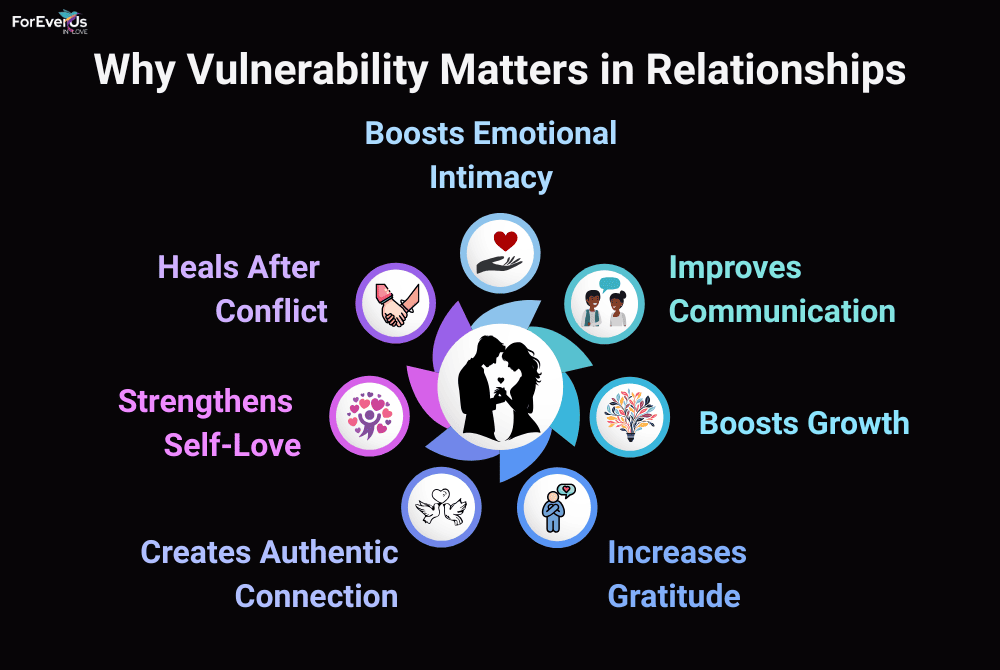
1. It Deepens Emotional Intimacy
When you share your inner world — your fears, dreams, and insecurities — your partner gets to know the real you. This level of honesty in a relationship enables trust and brings you closer together, creating a bond that feels genuine and unbreakable.
2. It Improves Communication and Conflict Resolution
Vulnerability motivates you to have open, honest communication. When both partners feel safe expressing their emotions with each other, it becomes easier to resolve conflicts, understand each other’s viewpoints, and build mutual understanding.
3. It Encourages Personal and Relationship Growth
Opening up helps you face your fears and insecurities head-on. This emotional bravery not only encourages personal growth but also strengthens your connection as a couple. When both partners are willing to be vulnerable, they create space for mutual understanding and emotional growth.
4. It Increases Gratitude and Appreciation
According to researcher Brené Brown, people who embrace vulnerability experience deeper gratitude and joy. Letting yourself be fully seen helps you appreciate your partner’s love and acceptance on a whole new level.
5. It Creates Authenticity and Human Connection
Trying to seem perfect can create distance. Vulnerability makes you more relatable, encouraging kindness and compassion. It reminds both partners that it’s okay to have flaws and that real connection comes from accepting each other as you are.
6. It Strengthens Self-Love and Acceptance
When your partner loves you at your most vulnerable, it reinforces your self-acceptance. Knowing you’re loved for who you are — not just your strengths but also your struggles — can be incredibly healing and empowering.
7. It Helps Heal and Rebuild After Conflict
Every relationship faces challenges, but vulnerability helps repair emotional wounds. Expressing regret, admitting mistakes, and sincerely apologizing creates a way for forgiveness and emotional reconnection.
Debunking Common Misconceptions About Vulnerability
Let’s discuss a few misconceptions that might be holding you back from being more vulnerable in your relationship:
Myth 1: "Vulnerability Is a Weakness"
Truth: Vulnerability takes lots of strength and courage. It’s not a sign of weakness but of emotional stability and self-awareness.
Myth 2: "Being Vulnerable Means Oversharing"
Truth: Vulnerability isn’t about telling every thought and feeling to your partner. It’s about thoughtful, intentional sharing with someone you trust.
Myth 3: "I Should Be Strong Enough to Handle Things Alone"
Truth: Believing you need to face every challenge on your own can lead to emotional isolation. Asking for support when required doesn’t make you weak — it strengthens your connection.
Final Thoughts: Why Vulnerability Is the Key to Lasting Love
Being vulnerable in a relationship isn’t a liability — it’s your greatest asset. When you open up, express your true feelings, and embrace emotional honesty, you create space for trust, intimacy, and lasting love.
If vulnerability feels scary, start with small things. Share something personal, express gratitude, or let your partner in on a small fear. The more you practice, the easier it becomes to show up authentically in your relationship.
Real love isn’t about being perfect — it’s about being real. And when you allow yourself to be fully seen and loved for who you are, that’s when relationships truly flourish.
FAQs
Why is vulnerability important in a relationship?
Vulnerability is key to building trust, deepening emotional intimacy, and creating space for honest communication. It helps couples connect on a deeper level and strengthens the relationship over time.
How do I become more vulnerable with my partner?
Start small — share your feelings, express gratitude, and admit when you’re struggling. Over time, these small moments of openness build confidence and trust.
Can you be too vulnerable in a relationship?
Healthy vulnerability involves intentional sharing with a trusted partner. It’s not about oversharing but being honest about your emotions and needs at a pace that feels safe.
What if my partner struggles with vulnerability?
Creating a safe, judgment-free space can help. Show empathy, encourage honest conversations, and model vulnerability yourself — this can inspire your partner to open up gradually.


